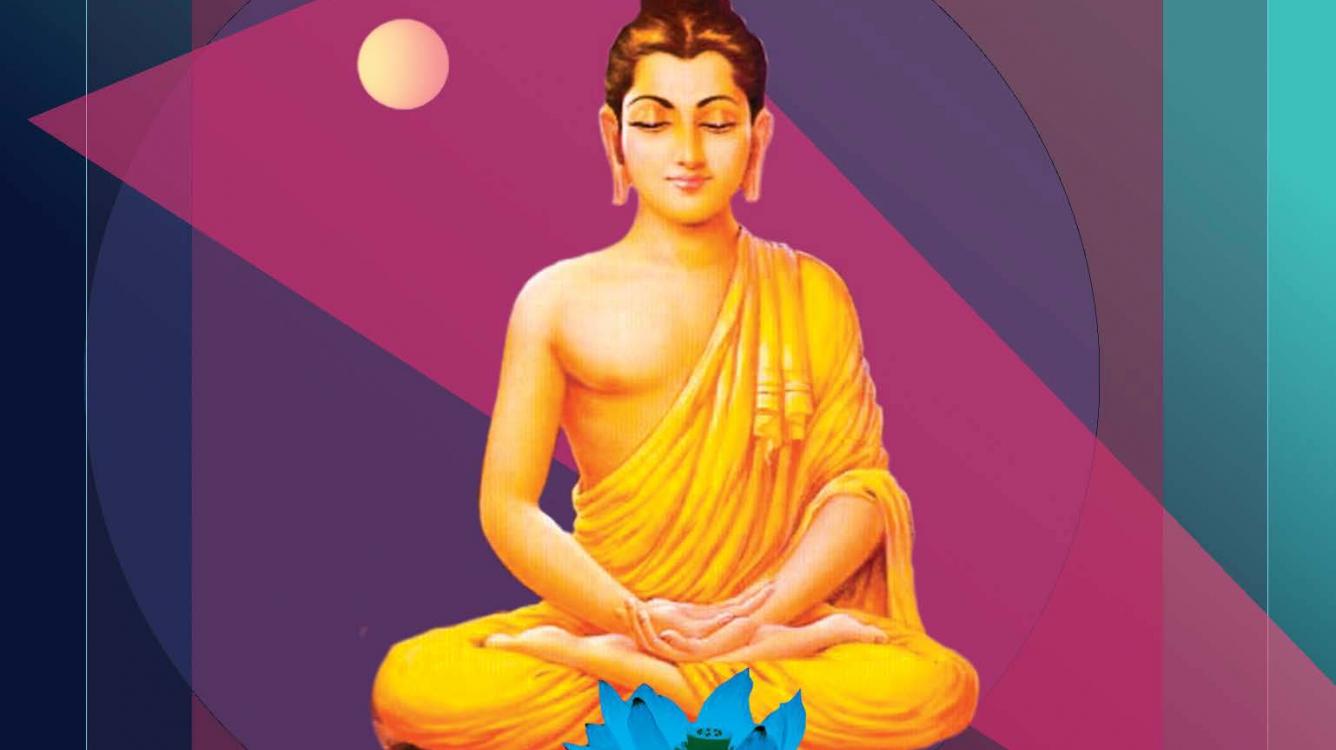
Real Science
Something doesn't become factual because it says so in some scripture or because someone believes it. But something becomes factual by being eternal, transmitted knowledge descended in an intact disciplic succession - knowledge that can be investigated and confirmed by the proper method.
In the Vedic tradition there are 3 reference points to secure that the theology is right - guru, sadhu and shastra - ie. the spiritual master, the tradition and the scriptures. For something to be factual these 3 must correspond. Besides that, the Vedic Version offers a scientific process by which one can investigate the philosophy and have it confirmed.
In the modern natural science the object of study is matter and nothing else. One observes and studies matter in its endless variations and interactions. In the spiritual science one has consciousness as the object of study - one studies the influence of matter on the consciosness and the mind. So in the spiritual science consciousness is the object of investigation. One does not limit one's studies to that which is outside of oneself.
That's why the spiritual science is superior to material science. Material science is not sufficient to describe and understand the reality we live in.
And why is this so? Because none of the natural sciences have anything sensible to say about our conscious experience of the world. They only tell us about matter, they say nothing about our experience of matter. And it is our conscious awareness of the world which is the most fundamental aspect of the reality we live in.
Only the spiritual science can help us understand the self and its relation to the world and God. Therefore Krishna says:
Of all creations I am the beginning and the end and also the middle, O Arjuna. Of all sciences I am the spiritual science of the self, and among logicians I am the conclusive truth. (Bg 10.33)
Some people claim they don't need God to tell them what is right or wrong.
But if not God, we then have society, the law, family, parents, tradition, culture etc., to tell us the difference between right and wrong. Or we have our own minds to tell what we can or cannot do, but again that is based on what we have learned from others.
So it is merely a question of who we choose as our authority. Everyone has learned what is right or wrong by the culture they grew up in. Otherwise how do we know what's what?
Some claim they themselves can decide that, it's something you can feel, they say. But if one is one's own authority it's the same as no authority.
If it is merely up to the mind to tell us what is right or wrong, then anything can be right or wrong. Then it doesn't matter what we do, because we can always justify it in our own minds. And how can we be sure, what the mind tells us is right? How do we decide if what our feelings tell us is right? I mean, what if some psycho feels the impulse to attack people in the mall with a base-ball bat, is it then ok? If we are our own authority, it must be quite alright, right?
The real fact of the matter is that we wouldn't even know that 2 plus 2 is 4 if someone hadn't taught us, and they wouldn't know if someone hadn't taught them and so on. Mathematics is not something one speculates into being. It's something we learn from others as we grow up. We wouldn't know much of anything if someone hadn't taught us. Animals don't know that 2 plus 2 is 4 and they also couldn't care less.
So in the same way that we know 2 plus 2 is 4, ie. by learning it from someone who knows, we can also know who God is and the meaning and purpose of all things - by learning from those who know. And who knows God and the meaning of all things? The sages of the Vedic culture know these things, and their knowledge has been transmitted down through the ages via the disciplic succession. It's as simple as that.
Krishna says:
Just try to learn the truth by approaching a spiritual master. Inquire from him submissively and render service unto him. The self-realized souls can impart knowledge unto you because they have seen the truth.
(Bg. 4.34)
Having obtained real knowledge from a self-realized soul, you will never fall again into such illusion, for by this knowledge you will see that all living beings are but part of the Supreme, or, in other words, that they are Mine. (Bg. 4.35)
Even if you are considered to be the most sinful of all sinners, when you are situated in the boat of transcendental knowledge you will be able to cross over the ocean of miseries. (Bg. 4.36)
As a blazing fire turns firewood to ashes, O Arjuna, so does the fire of knowledge burn to ashes all reactions to material activities. (Bg. 4.37)
In this world, there is nothing so sublime and pure as transcendental knowledge. Such knowledge is the mature fruit of all mysticism. And one who has become accomplished in the practice of devotional service enjoys this knowledge within himself in due course of time. (Bg. 4.38)
A faithful man who is dedicated to transcendental knowledge and who subdues his senses is eligible to achieve such knowledge, and having achieved it he quickly attains the supreme spiritual peace. (Bg. 4.39)
But ignorant and faithless persons who doubt the revealed scriptures do not attain God consciousness; they fall down. For the doubting soul there is happiness neither in this world nor in the next. (Bg. 4.40)
